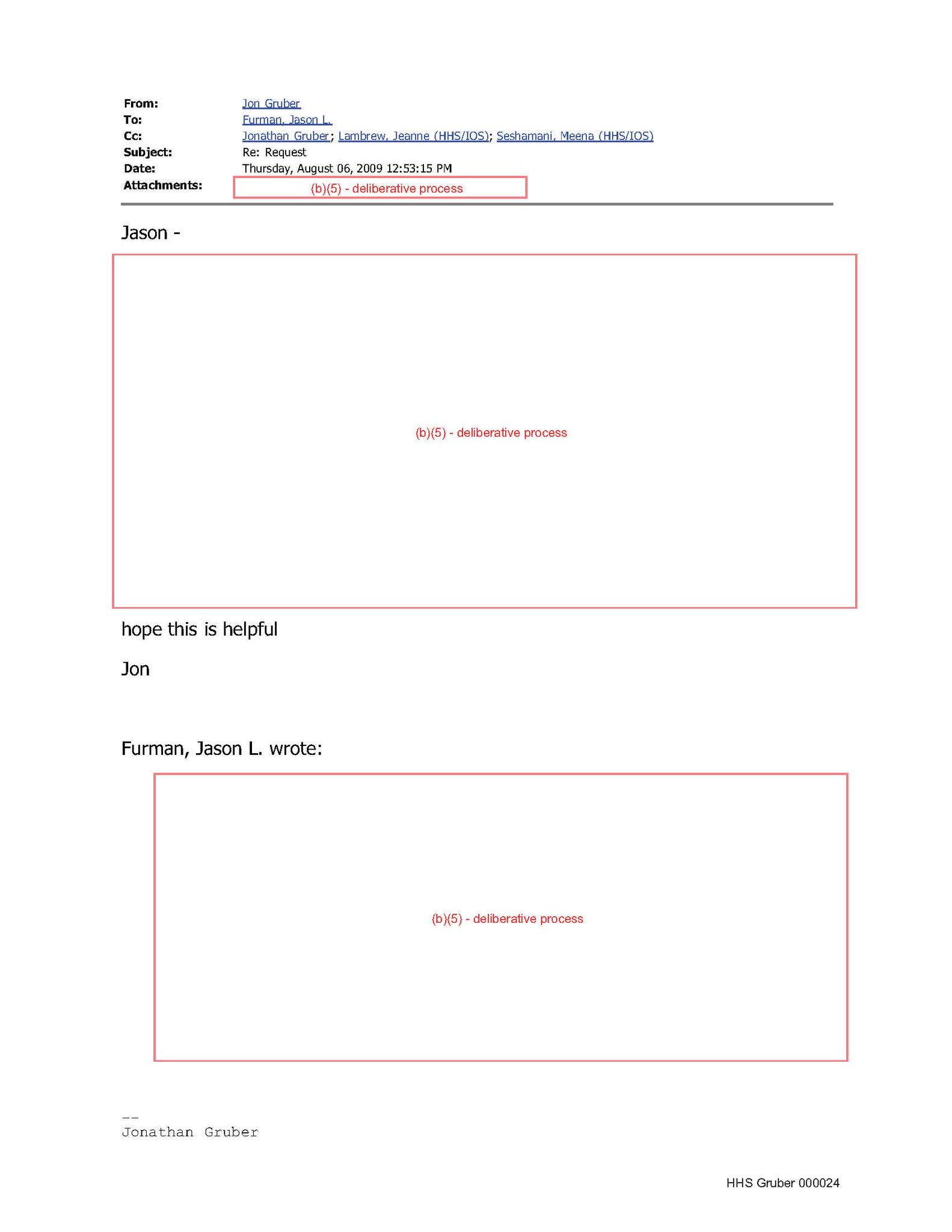Last month, we again noted that CO-OP's (Consumer Operated and Oriented Plans) were in financial trouble:
"[O]nly one Co-op, Maine Community Health Options, reported both favorable underwriting and net income at $10.9 million. All other Co-ops reported both underwriting and net losses"
As the saying goes "that which can't go on, won't." And so we find ourselves (unsurprisingly) at the edge of a cliff:
"Ominous signs are proliferating among 22 Obamacare health insurance co-ops of imminent financial collapses that could leave more than a million Americans without coverage"
So, while everyone's eyes are on SCOTUS, another major piece of The ObamaTax is facing its demise. And of course, that means all those taxpayer dollars down the terlit.
And just how many tax dollars?
Well:
"[A]n Obamacare co-op that defaulted earlier this year, suffering $163 million in operating losses in a single year ... net losses for the co-ops reached a record $614 million in 2014"
Yes, yes: petty cash to the DC bureauweenies, but actual, hard earned dollars to thee and me.
What's particularly troubling is that "[t]he figure is nearly three times the $234 million in losses suffered through the first three quarters of 2014 ... It means that the burn rate for the experimental Obamacare co-ops is quickening."
Maybe that's a good thing, though: the faster it burns up, the sooner we can start having a serious discussion about alternatives (and reality).
"[O]nly one Co-op, Maine Community Health Options, reported both favorable underwriting and net income at $10.9 million. All other Co-ops reported both underwriting and net losses"
As the saying goes "that which can't go on, won't." And so we find ourselves (unsurprisingly) at the edge of a cliff:
"Ominous signs are proliferating among 22 Obamacare health insurance co-ops of imminent financial collapses that could leave more than a million Americans without coverage"
So, while everyone's eyes are on SCOTUS, another major piece of The ObamaTax is facing its demise. And of course, that means all those taxpayer dollars down the terlit.
And just how many tax dollars?
Well:
"[A]n Obamacare co-op that defaulted earlier this year, suffering $163 million in operating losses in a single year ... net losses for the co-ops reached a record $614 million in 2014"
Yes, yes: petty cash to the DC bureauweenies, but actual, hard earned dollars to thee and me.
What's particularly troubling is that "[t]he figure is nearly three times the $234 million in losses suffered through the first three quarters of 2014 ... It means that the burn rate for the experimental Obamacare co-ops is quickening."
Maybe that's a good thing, though: the faster it burns up, the sooner we can start having a serious discussion about alternatives (and reality).




























